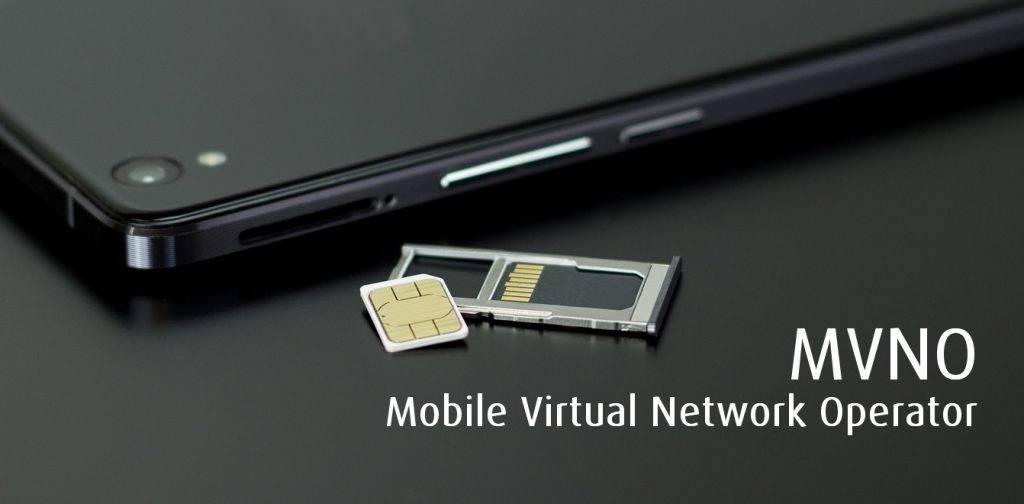£88M Boost to Future Proof UK Mobile Connectivity
In an age where connectivity is at the heart of our daily lives, the United Kingdom is poised to take a significant leap forward in ensuring that its mobile network infrastructure remains cutting-edge and competitive. The UK government’s announcement of an £88 million boost for innovative connectivity solutions represents a commitment to not only meet current demands but to future-proof the nation’s digital infrastructure. This substantial investment will drive research, development, and deployment of next-generation mobile technologies, ushering in a new era of connectivity for both urban and rural areas. In this article, we explore the details and implications of this £88 million investment and how it will shape the future of the UK’s mobile network.
The £88 Million Investment
The £88 million investment earmarked for innovative connectivity initiatives is a strategic move by the UK government to fortify the nation’s position in the global digital landscape. This funding will be allocated across various key areas to ensure that the UK remains at the forefront of mobile network technology.
1. 5G Enhancement
A significant portion of the £88 million will be directed towards enhancing the existing 5G infrastructure. 5G technology has already begun transforming how we connect, enabling faster download and upload speeds, lower latency, and the ability to connect an unprecedented number of devices simultaneously. This investment will further bolster 5G capabilities, making them even faster, more reliable, and adaptable to the growing demands of consumers and businesses.
2. Pioneering 6G Research
Anticipating the emergence of 6G technology, a substantial sum will be dedicated to cutting-edge 6G research. Although 6G networks are still in the conceptual stage, they hold the potential to deliver astonishing speeds and capabilities that will revolutionize industries and open up new possibilities. By investing in 6G research, the UK aims to be a pioneer in shaping and harnessing this nascent technology.
3. Smart Infrastructure Development
The government’s vision extends beyond mobile phones, encompassing the development of smart infrastructure. Smart cities, IoT devices, and connected vehicles will receive a boost from this funding, enabling the seamless integration of technologies that will enhance our daily lives. These innovations will create more efficient and sustainable urban environments, improving the quality of life for citizens.
4. Cyber-Security Measures
With increased connectivity comes heightened cyber-security concerns. To address these challenges, a portion of the investment will be dedicated to bolstering the cyber-security measures protecting the UK’s mobile network infrastructure. This commitment to security will help safeguard critical digital infrastructure against evolving threats.
5. Bridging the Rural Connectivity Gap
In the UK, there are still regions with limited mobile network coverage, often in rural and remote areas. A portion of the funding will be dedicated to improving connectivity in these under-served regions, ensuring that all citizens have access to reliable mobile services. Bridging the digital divide is a crucial aspect of the UK’s commitment to inclusivity and equal access to digital resources.

Impact on Innovation
The £88 million investment promises to have a profound impact on innovation within the mobile network sector. It will drive advancements in technology and applications across various domains, shaping the future of connectivity in the UK.
1. Speed and Capacity
Enhancing speed and capacity will be a primary focus of this investment. Faster download and upload speeds, coupled with reduced latency, will empower consumers and businesses alike. This boost in performance will enable new applications and services that were previously unattainable.
2. Low Latency Applications
The funding will facilitate the development of low-latency applications, a critical requirement for technologies like autonomous vehicles, remote surgeries, and augmented reality experiences. Reduced data transmission delays will make these applications safer and more reliable.
3. Connectivity in Remote Areas
Improving rural connectivity is essential to achieving digital inclusion. This investment will enable the expansion of mobile network coverage to underserved regions, ensuring that even remote areas benefit from fast and reliable connectivity.
4. Thriving Innovation Ecosystem
The infusion of funding will foster a thriving research and development ecosystem. Universities, startups, and established tech companies will collaborate on groundbreaking projects, driving innovation and stimulating economic growth. This synergy between academia and industry will be a catalyst for transformative advancements.
5. Global Competitiveness
By investing in cutting-edge mobile network technology, the UK will enhance its global competitiveness. It will be better positioned to export its expertise and technologies to other nations, fostering international partnerships and promoting British innovation worldwide.
6. Environmental Sustainability
The development of sustainable network technologies will also be a priority. Green infrastructure and energy-efficient solutions will reduce the environmental footprint of mobile networks while lowering operational costs for providers, contributing to a more sustainable future.

Public and Private Collaboration
The success of this ambitious plan hinges on collaboration between the public and private sectors. While government funding provides the foundation, private companies and research institutions will drive innovation and implement these advancements.
Telecommunications companies, both established industry giants and emerging start-ups, will play a pivotal role in developing and deploying these new technologies. They will need to invest in infrastructure, upgrade existing networks, and adapt their business models to align with the evolving landscape.
Research institutions and universities will be instrumental in conducting essential research and experimentation. These institutions will serve as hubs of innovation where breakthroughs in technology can be translated into practical applications.
Furthermore, regulatory bodies and policymakers will need to create an enabling environment that encourages innovation while ensuring fair competition and protecting consumer interests. Striking the right balance will be crucial for the long-term success of the UK’s mobile network ecosystem.
Global Implications
The UK’s commitment to invest £88 million in mobile network research and development carries significant global implications. As technology transcends borders, advancements made in the UK can benefit the international community in several ways.
1. Leadership in 6G
By heavily investing in 6G research, the UK positions itself as a global leader in the development of next-generation wireless technology. This leadership can translate into a stronger voice in international standards-setting bodies and foster collaborations with other nations.
2. Technological Export
As the UK develops cutting-edge mobile network solutions, it can export its expertise and technologies to other countries. This not only generates revenue but also promotes international cooperation and knowledge sharing.
3. Global Innovation Partnerships
International collaborations will become more prevalent, with the UK partnering with other nations to jointly develop and deploy innovative mobile network solutions. These partnerships can drive global progress in connectivity, benefitting populations worldwide.
4. Digital Inclusion Advocacy
The UK’s investments in bridging the digital divide can serve as a model for other nations facing similar challenges. Lessons learned and technologies developed can be shared to promote digital inclusion on a global scale.
Conclusion
The £88 million investment in research and development for the UK’s mobile network is a forward-looking commitment to secure the nation’s place at the forefront of technological innovation. From enhancing existing 5G networks to pioneering 6G research, from fostering smart infrastructure development to strengthening cybersecurity measures, this investment touches upon critical aspects of connectivity in the digital age. It not only holds the potential to transform the UK’s mobile network landscape but also positions the country as a global leader in shaping the future of connectivity. As technology continues to reshape our world, the UK’s visionary investment ensures that it remains a key player in an ever-connected and evolving digital future.
By Abdul W Moghul
 MVNO MVNE MNO Mobile & Telecoms industry intelligence Telecoms Jobs, News and Business
MVNO MVNE MNO Mobile & Telecoms industry intelligence Telecoms Jobs, News and Business






